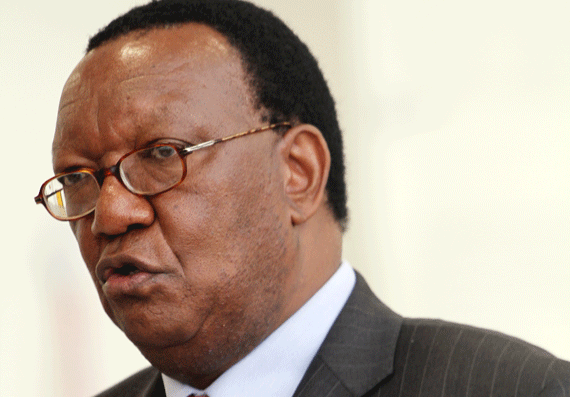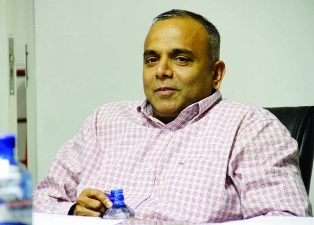
HARARE — Bad weather, power disruptions and a massive farming switch from grain to cash crops like tobacco have left Zimbabwe, formerly known as Africa’s bread-basket, grappling to plug a food deficit.
Zimbabwe requires two million tonnes of grain a year to feed its people and livestock, but only managed 968 000 tonnes for the 2011-2012 season. For the 2012-2013 season, production is projected to further plunge to 789 000 tonnes, forcing the government to negotiate food imports with affordable prices.
Neighbouring Zambia, which has surplus maize after back-to-back bumpy harvest, pledged to help out with 150 000 tonnes of maize.
So far, Lusaka has dispatched about 19 000 tonnes to Zimbabwe for $10 million, according to Agriculture, Mechanisation and Irrigation Development minister Joseph Made.
But the minister told state media over the weekend that the government is scrambling to raise $60 million in order to have the remaining 131 000 tonnes delivered.
“We have since written to the Finance ministry for more funds to enable the movement of grain from Zambia,” Made said.
Maize is the main component to make Zimbabweans’ favourite staple food sadza/isitshwala.
For wheat, the country is estimated to produce less than 50 000 tonnes while the demand is about 400 000 tonnes, said Vice-President Joice Mujuru, who chairs the country’s food security and nutrition board.
- Chamisa under fire over US$120K donation
- Mavhunga puts DeMbare into Chibuku quarterfinals
- Pension funds bet on Cabora Bassa oilfields
- Councils defy govt fire tender directive
Keep Reading
She blamed frequent power cuts, high input costs, among others, for the decline in domestic production.
The World Food Programme estimated that about 2,2 million Zimbabweans will need food aid by the start 2014, up from 1,6 million early this year. The food shortage is foreseen to be the worst in four years.
President Robert Mugabe also said in May that the state of national nutrition was worrisome with one in three children being chronically malnourished, 25% of all deaths under five years being attributed to nutritional deficiencies and 47% of women being anaemic.
Zimbabwe’s farming preparations have always been behind almost every season because of funding constraints and with inputs being availed well into the planting season.
Maize producer prices have also not been favourable, with farmers opting for the more lucrative cash crops such as tobacco and cotton.
Even banks appear to be more keen on funding cash crops than the grain.
According to state media reports, the banking sector has mobilized $620 million to finance farming for the 2013-2014 agricultural season, up from $549 million in the previous year, but half of the money will go towards tobacco production.
Bankers’ Association of Zimbabwe president George Guvamatanga revealed that only 7,55% of the funds would be earmarked for cotton, 4,88% for seed production and less than 5% for maize.
Finance has been identified as the most common bottle-neck for Zimbabwe’s farmers.
Soon after Mugabe rose to power ending the racist white minority rule, the country’s prime farming land was gradually re- allocated to black farmers.
The land reform lies centre to Mugabe’s post-independence policies, and till now more than 300 000 black farmers have been allocated farming land.
Agricultural production, however, has been on the decline over the years. Difficult access to funding is one of the major challenges.
Melissa, who owns about 100 hectares of land some 30km west of Harare, said her family was only able to utilise half of the land, growing corn and tobacco because the costs are unacceptably high.
She said she did not have enough money to connect her farm to the national grid which would cost thousands of dollars and no money to set up modern irrigation facilities.
In fact, even the supply of water remains a headache. Taps usually run dry and drilling a borehole as most wealthy Harare families do costs about $2 500, she said.
Finance minister Patrick Chinamasa this month pledged to redouble agricultural investment after he was appointed to the country’s top economic manager’s post.
Government officials also said they are tapping new technologies including a solar-powered irrigation program offered by the Chinese to address the bottlenecks for development in the agriculture sector. — Xinhua










